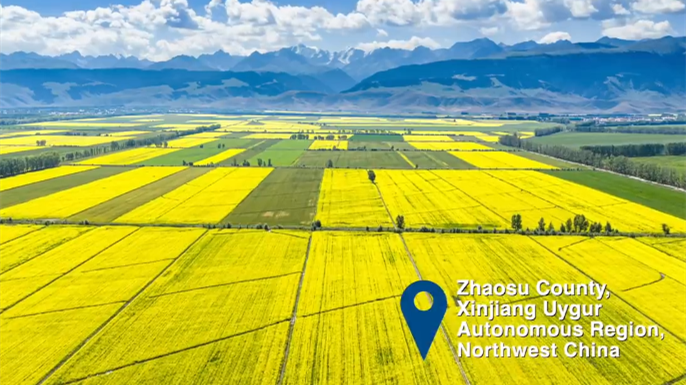Hooves thundering against the earth, golden dawn spilling over the horizon -- a horse trainer cradled his young daughter as they soared into the air astride a sweat-blood steed.
It was a scene from the opening ceremony of a horse-themed cultural tourism festival this summer in Zhaosu County, northwest China's Xinjiang Uygur Autonomous Region.
The trainer, Xierzhat Nurumu, 30, leads the daily training and performances at Xinjiang Yema Group's Ferghana horse (also known as a sweat-blood steed) base in the regional capital Urumqi.
"If you choose a passion, pursue it," Xierzhat said.
A decade ago, his herder parents opposed his decision to make horseback riding his life's work, fearing he would repeat their hardships. Yet, driven by a call from the grasslands, the native of Zhaosu, known as China's "hometown of heavenly horses," left home to join the base.
Xierzhat began with the humblest tasks: brushing coats, preparing feed, and learning proper riding techniques through countless falls and leaps. His perseverance finally transformed him into a skilled professional.
Over the years, Xinjiang Yema Group has employed over 800 farmers and herders, including those from the Kazakh, Kirgiz and Uygur ethnic groups. Now a team captain, Xierzhat trains newcomers with patience, passing on a decade of wisdom.
The dream starting more than 10 years ago now spans generations. Xierzhat's five-year-old daughter, Shakela, often rushes to the stables after kindergarten, her small figure mounting horses with star-bright eyes, mirroring her father's childhood passion.
This summer, the father and daughter returned from Urumqi to Zhaosu to perform together at the horse festival. While their laughter and hoofbeats echoed across the grasslands, the audience erupted in cheers and applause.
The horse festival has also become a catalyst for change. Local herders, such as Bayierta, who trained in Beijing, Shanghai and Shenzhen before returning home to open an equestrian club in 2023, exemplify this shift.
"I grew up on horseback," Bayierta said. "Now I want more people to love horse culture and Zhaosu." His club has employed over 20 local herders as trainers.
Boasting some 122,000 horses, Zhaosu hosted 149 equestrian events in 2024 alone, attracting both domestic and international riders.
The county has established a comprehensive industrial chain encompassing breeding, racing, veterinary care, trade and cultural tourism. The whole industry generated approximately 1.42 billion yuan (about 200 million U.S. dollars) in revenue last year.
From a solitary dreamer to a model that a younger generation follows, Xierzhat, together with many others in the equestrian industry in Zhaosu, is galloping toward boundless horizons.


.png)
.jpg)
.jpg)
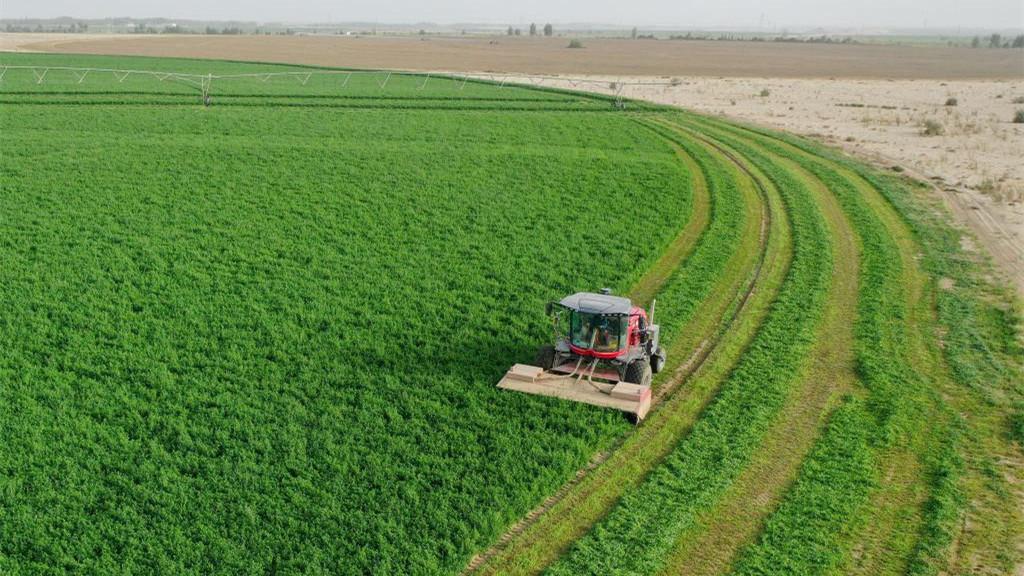
.jpg)
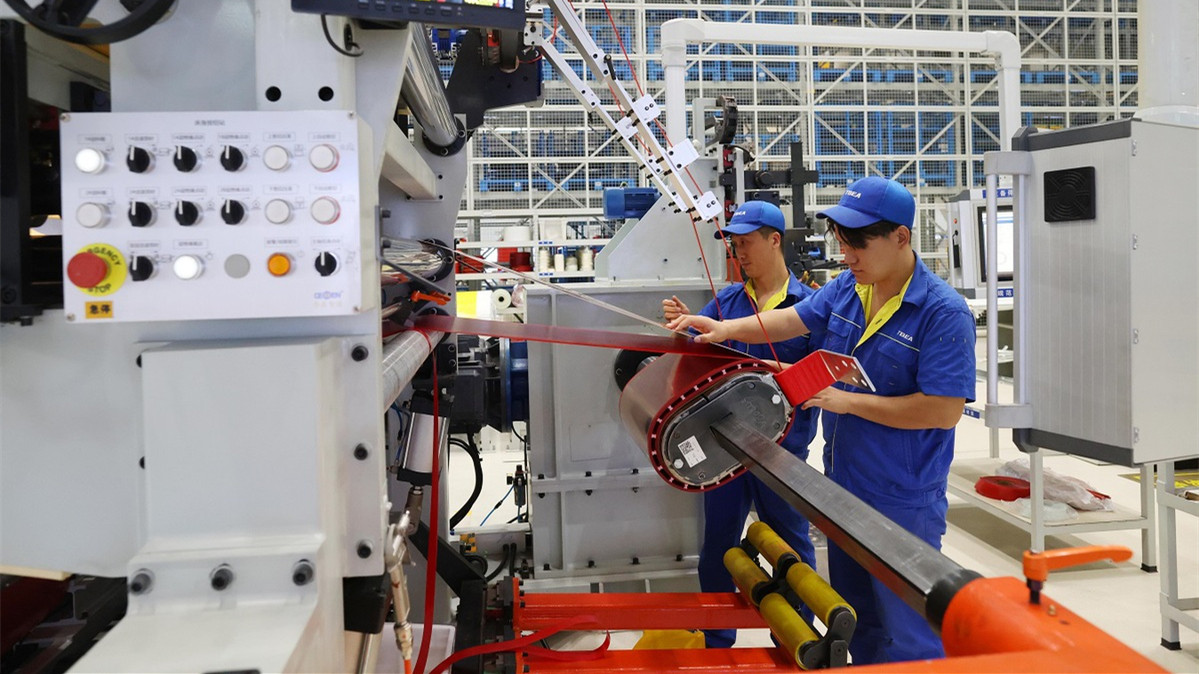
.png)
.png)
.png)
.png)
.png)
.png)
.png)
.png)
.png)
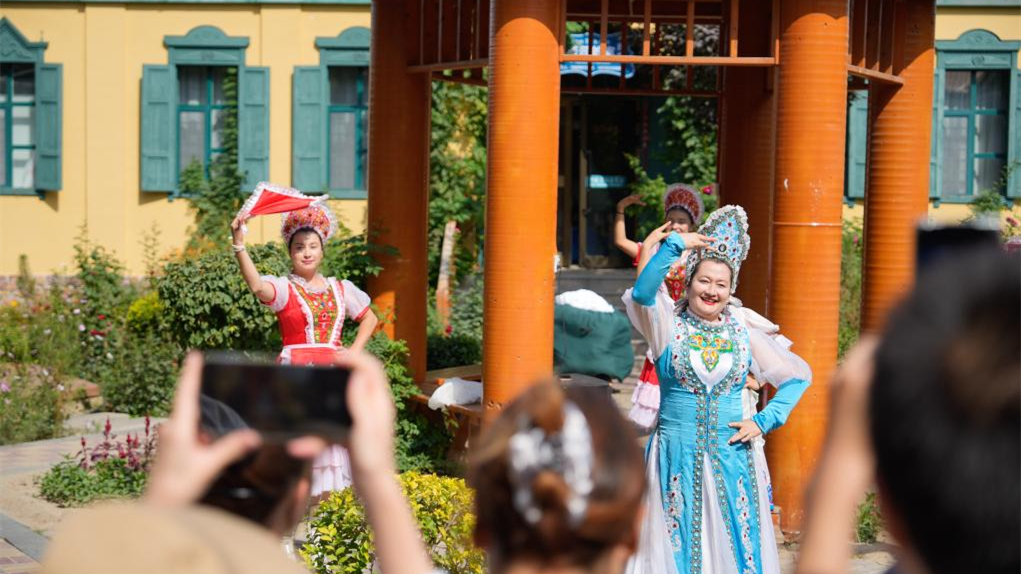
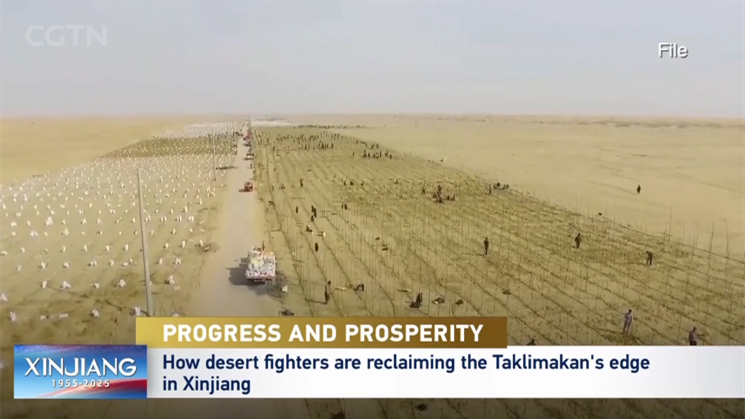
.png)
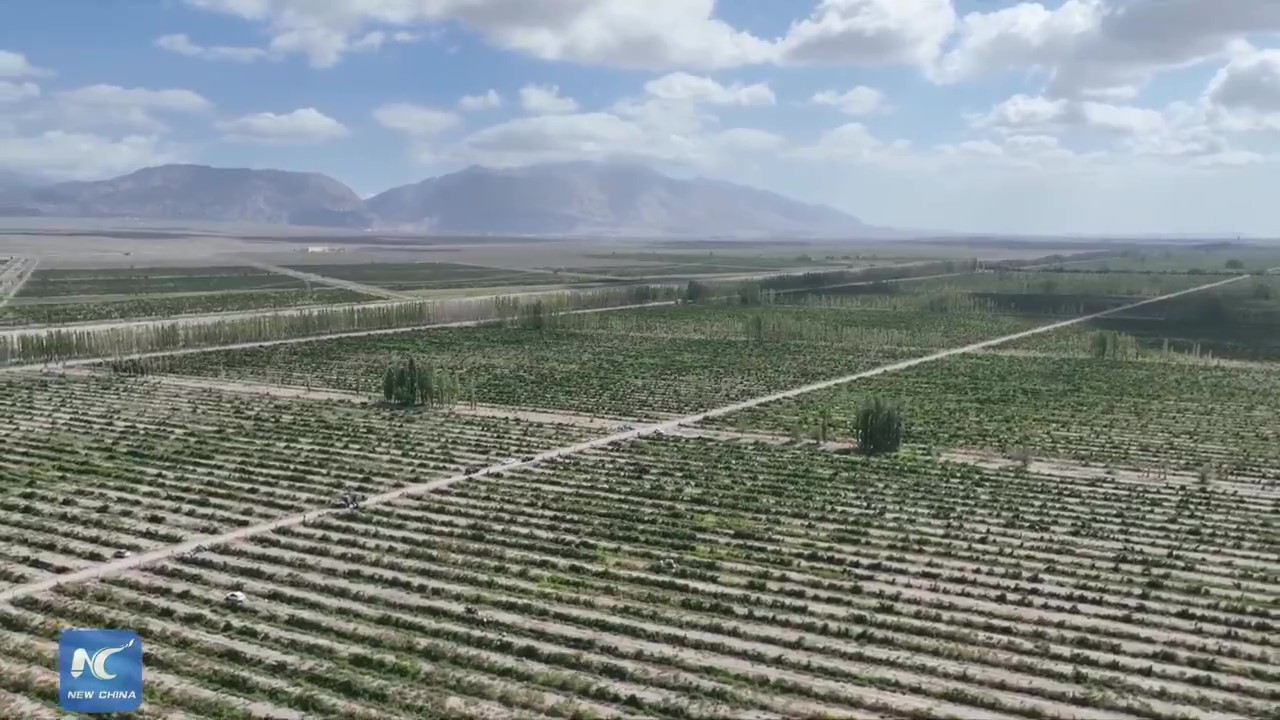

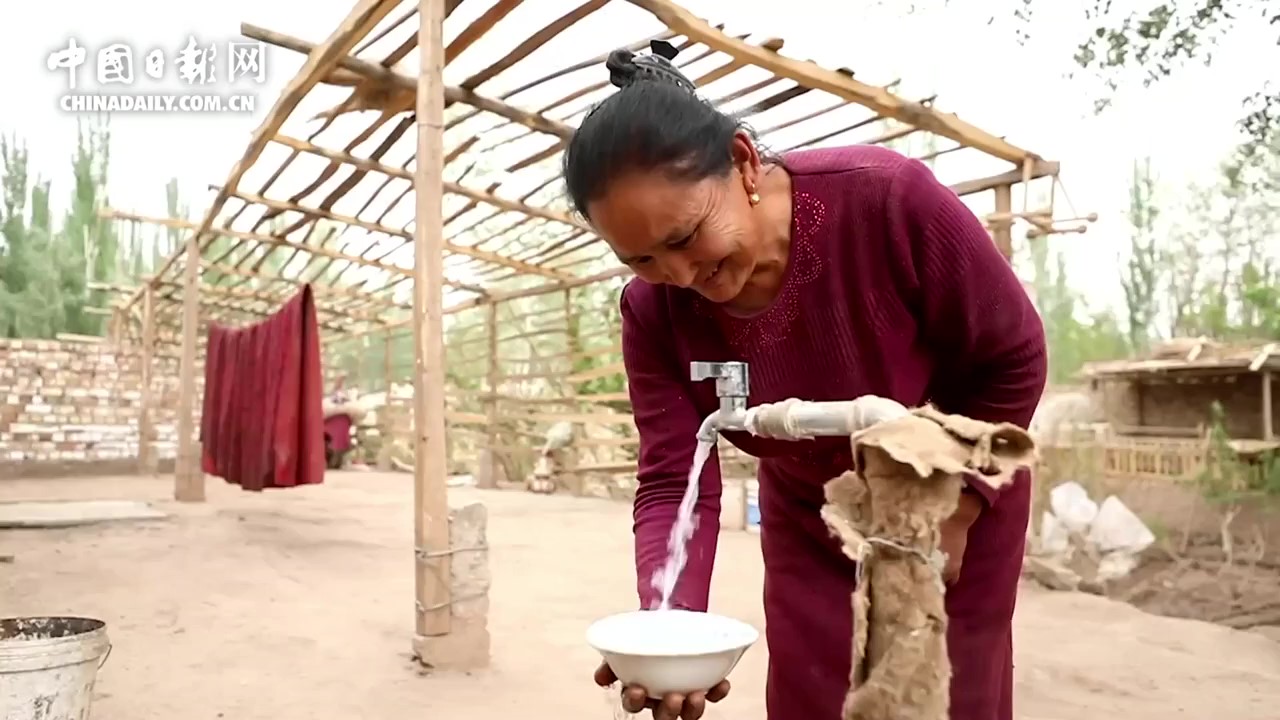

.jpg)

.png)
.png)

.jpg)
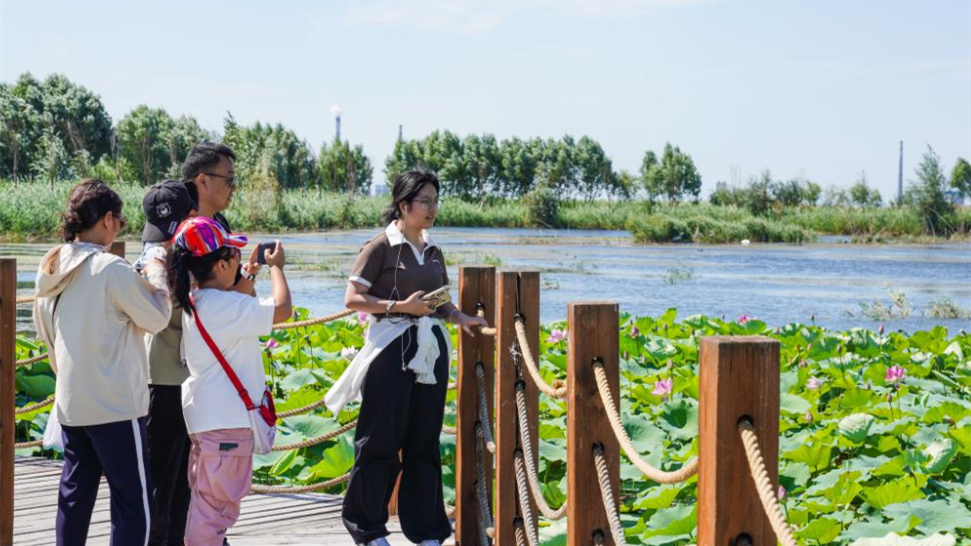
.jpg)
.png)
.jpg)
.jpg)
.jpg)
.png)

.png)
.jpg)
.jpg)
.png)
.jpg)
